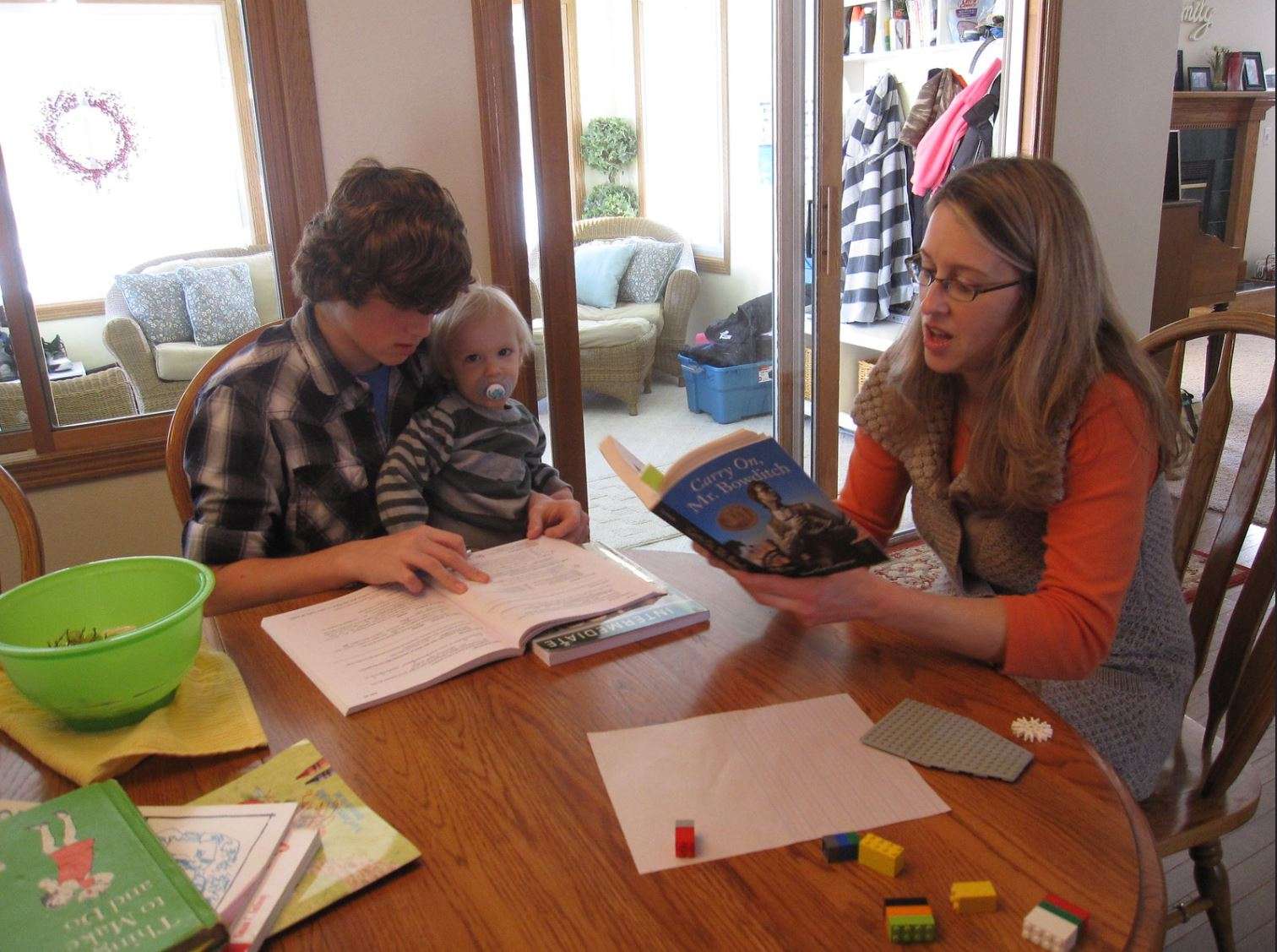
Homeschooling Philosophies Explained
If you home school, you will want to consider what home school philosophy to follow. You might be trying to find a philosophy that fits your lifestyle. Following is a partial list of some of the more prominent home school philosophies and/or curricula.
Charlotte Mason:
Charlotte Mason is sometimes credited with being the founder of the home schooling "movement." She emphasizes good habits and character development in her approach. A home school teacher who follows the Charlotte Mason (CM) model would seize learning opportunities as they come, and work with the individual child's learning style and interests. All of the core subjects are covered in CM, and an emphasis is placed on classic literature and poetry.
Classical:
This approach is based on a "trivium" - grammar (birth to age 12), logic (ages 13-18) and rhetoric (high school) - that are said to be compatible with the natural way the child's brain learns and develops. Classical education involves learning Latin, math, world history, the arts, and science.
Structured (Traditional):
This type of home schooling is the closest in style and approach to "regular" schools. The subject matter and lessons are divided into grades, and planning is essential so as to avoid gaps. Every subject is covered each day, and students are tested as in an educational institution. Textbooks and teacher's manuals on each subject are standard with this philosophy.
Unit Study:
Learning via unit studies is a way for home educators and their students to delve into a subject in-depth and hands-on. A unit study-based curriculum takes one broad subject and integrates the core subjects into the main one. You can create your own unit study curriculum; choose a broad subject - art or science, for instance - and design all other lessons with an art or science theme.
Biblical Principle:
This type of home schooling philosophy bases the core subjects on the Bible. A Christian worldview and Biblical reasoning are taught. The development of Christian character and Biblical principles are emphasized. In a way, it's something like the unit study approach with Biblical themes.
Design Your Own:
Some home schoolers do not subscribe to one particular philosophy. Instead, they choose to design their own curriculum and philosophy, which may or may not be based on one of the main approaches. You may want to combine approaches. The important thing is to have some sort of consistency in your home schooling philosophy.
Read the above descriptions and consider whether one of these fits your family. That is the one that will work best in your home.


We don’t homeschool so there is a lot I don’t know. I was unfamiliar with the different philosophies. This was really helpful!
Homeschooling is very challenging but it helps to have resources like these to guide .
I had no idea there were so many different approaches.
The few weeks my son was not allowed to attend class physically due to the pandemic last spring, was the only time I remotely (pun intended) came into contact with distant learning. He may be just a teenager, but he’s smarter than me, so I don’t think home schooling would work for us in the long run. Since he’s an only child, the social aspect that comes with regular school is a major plus for me, too.
Always amazed at the folks who pull off homeschooling!
Our philosophy, which I put together many years ago, was/is a mixture of Christian, unit study, and Moore Formula (balances work/study/service). Our homeschool would best be described as eclectic. But it works. Life is messy. Therefore homeschool is kind of like that.
But God is good.
We take it day by day.
Blessings,
Laurie
Ridge Haven Homestead
Homestead Blog Hop